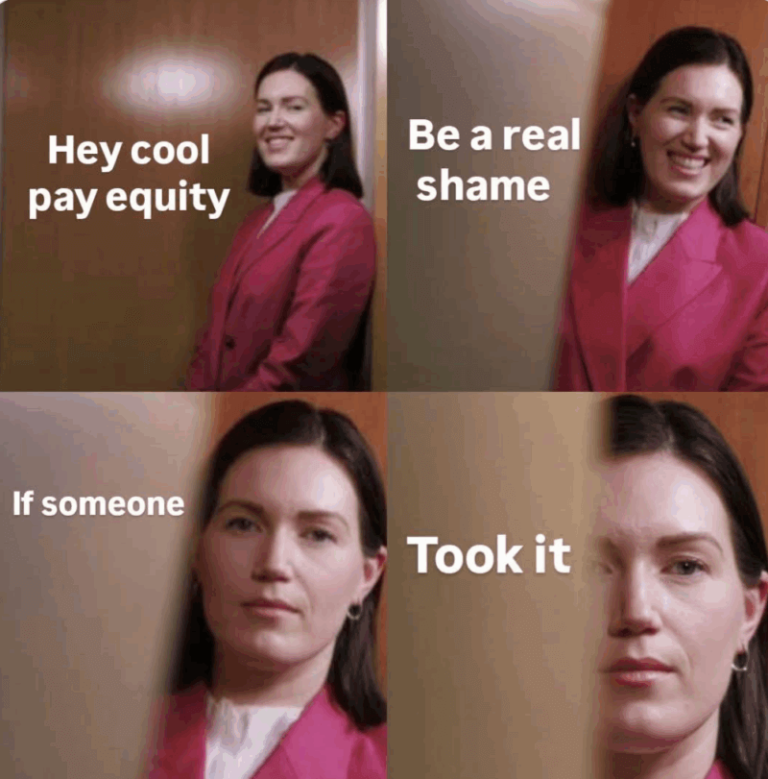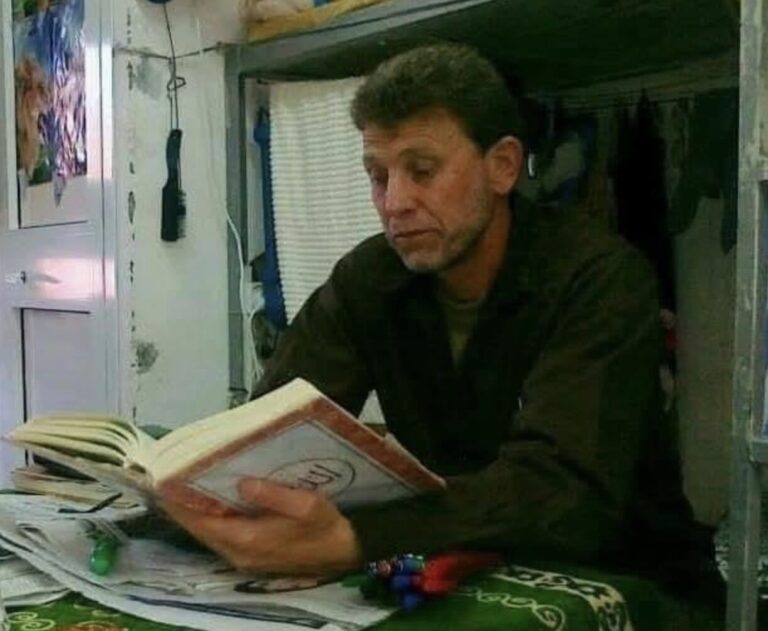There are many more past injustices for the state to answer
In 2016 CPAG published Kathryn’s Story: How the Government spent well over $100,000 and 15 years pursuing a chronically-ill beneficiary mother for a debt she should not have.
The purpose was to highlight the injustices and the perpetuation of intergenerational trauma when a mother was incarcerated for the so-called crime of “relationship fraud”. The intention was to improve the understanding of those working in the welfare and judicial system: we called for long overdue reforms of social security law and its interpretation around relationship issues.
Anyone who interacted with Kathryn over the years understood her deep unresolved grief around the tragic death of her son Robbie at the hands of the stepfather in 1991. This sadness permeated her life, and her untreated PTSD was compounded by her imprisonment. Both daughters also suffered PTSD. While Kathryn herself experienced profound shock, her eldest daughter actually witnessed the murder. The youngest daughter aged just four experienced the trauma in the court of her mother being taken into custody. The family was torn apart.
Kathryn was a feisty woman, always protesting her innocence. After her release from prison, MSD relentlessly pursued the outstanding debt. Kathyrn appealed this in a protracted court case conducted by Frances Joychild KC. Then, after 15 years, worn out by the battle, she died at 58. The Daily Blog wrote about this here.
In 2021 CPAG commissioned an update of her story to incorporate the intergenerational effects on the two daughters, The Stories of Kathryn and her Daughters.
We wrote
We have been saddened by the lack of political action and bureaucratic stalling on this issue. Not even the internationally disgraceful rates of domestic abuse in New Zealand, the ongoing deep child poverty and deprivation, the poor mental health of many low-income women, nor the growing appreciation of structural racism within the court system and benefit system, have been the impetus for meaningful change.
Last week, the release of the Royal Commission’s report: The abuse and neglect of children, young people and adults in the care of the State and faith-based institutions in Aotearoa New Zealand between 1950 and 1999. stunned and horrified the nation. Long-held deeply held prejudicial narratives about who are the bad people, antisocial behaviour, the disproportionate representation of Maori in prison were openly and irrefutably challenged. The state itself, with its inherent racist and punitive approach had created the underlying causes of social malaise reflected in long-term poverty statistics, stunned lives, and growth of youth and gang-related harms.
The profound unrecognised and untreated long-term trauma suffered by so many has been laid bare and is an utter national disgrace. It is to be hoped that suitable redress will help heal the wounds, but it is unlikely to be that simple. At least the identification of wrongs and contrition from the state has been expressed.
But it must not stop there. In the 1990s and 2000s many women were prosecuted and imprisoned, just as Kathryn was, and families with meagre resources torn apart and long-term intergenerational harm left to reverberate. Despite widespread interest in Kathryn’s Story, few politicians or judges to date have championed the fundamental change required to empower women in the benefit system.
In contrast to the criminal justice system where individuals are deemed innocent until proven guilty, the onus is on the beneficiary during these investigations to prove that they are innocent.
Investigations can be generated by anonymous tip-offs, which Work and Income encourage, leaving open the possibility of manipulation by vengeful and abusive ex-partners as in Kathryn’s case. The power imbalance in these investigations makes it difficult for the accused to assert their rights. Fear of losing their benefit may prevent individuals from challenging a decision or outcome. In some cases, mothers accused of relationship fraud may be threatened with prosecution unless they accept whatever debt the MSD say that they owe. Those prosecuted are advised to plead guilty and show remorse to get a reduced sentence. While the landmark Ruka case required that domestic violence was to be taken into account, The Joychild review of this in this 2002 showed it has been all too often ignored.
Kathryn’s untimely death ended her personal quest for justice. But for women accused of ‘relationship fraud’ and their children the issues have not gone away. The damaging intergenerational ripple effects of an archaic and punitive system remain unaddressed and unacknowledged.
Under the last Labour government there was a softening in policy responses to the crime of so-called relationship fraud. While prosecutions may be decreasing, any investigation can be invasive, stressful and traumatic, irrespective of the outcome. We asked for the government to redress the terrible indignities and harm suffered by Kathryn and her family by making a posthumous apology and an award for damages.
Following the state report of the past week, a Royal Commission of Inquiry would be timely and justified to investigate the harms done to many families and children affected like Kathryn in the 1990s and 2000s.







Following the state report of the past week, a Royal Commission of Inquiry would be timely and justified to investigate the harms done to many families and children affected like Kathryn in the 1990s and 2000s.
Can this be formally done with a request or petition? The whole attitude towards single parents seems to be a bitter, disgusted one as towards people of low morals, turpitude (That’s a bit like turpentine but very corrosive) and adopting a negative and demeaning attitude. I would ask that women in general be treated with an expectation of good effort and results using all talents and what one expects is often mirrored in what one receives. Women would not be encouraged by government to ‘pimp’ on each other as has been the case.
Relationships would be encouraged, with workshops in handling them calmly and sexuality the same; this would have surprising consequences.
Watching videos like this in a one-sex group and discussing the issues and personal experiences, which could be done with both men and women separately, then having a joint meeting – seeing the video, quick responses, a cup of tea, then everyone have 2 minutes working round a circle. Then points concerning on a whiteboard.
That would be very useful. Everything time controlled so one or two long-winded or querulous didn’t dominate.
Try these –
* https://www.youtube.com/watch?v=k2bDiVtbpC0 – Why men are alone. The ugly truth that women don’t want to hear. 10.18m Norway I think.
*Jordon Petersen, Canada 10m on women and careers https://www.youtube.com/ watch?v=BoqjKqt__tI
Finish up with Slavoj Zizek for brain stimulation!
* https://www.youtube.com/watch?v=P2NiFh3UTVk 11m Sex without love is masturbation
* On marriage https://www.youtube.com/watch?v=P2NiFh3UTVk 2.40m
* I’m generally opposed to wisdom https://www.youtube.com/watch?v=tKoGQpEkpO0 2.40m
(Ignore Slavoj’s hands and just let him be excited by ideas and go along with him.)
People can watch and criticise or comment, and all listen and add their bit so start thoughts.
Domestic Violence would be treated with family counselling techniques. Serious stuff would be handled in suitable venues where dynamic domestic violence could be modelled, and empty chair gestalt approach would bring feelings to words which could then be dealt with. Hurts receive balm or at least some understanding and rationality of response.